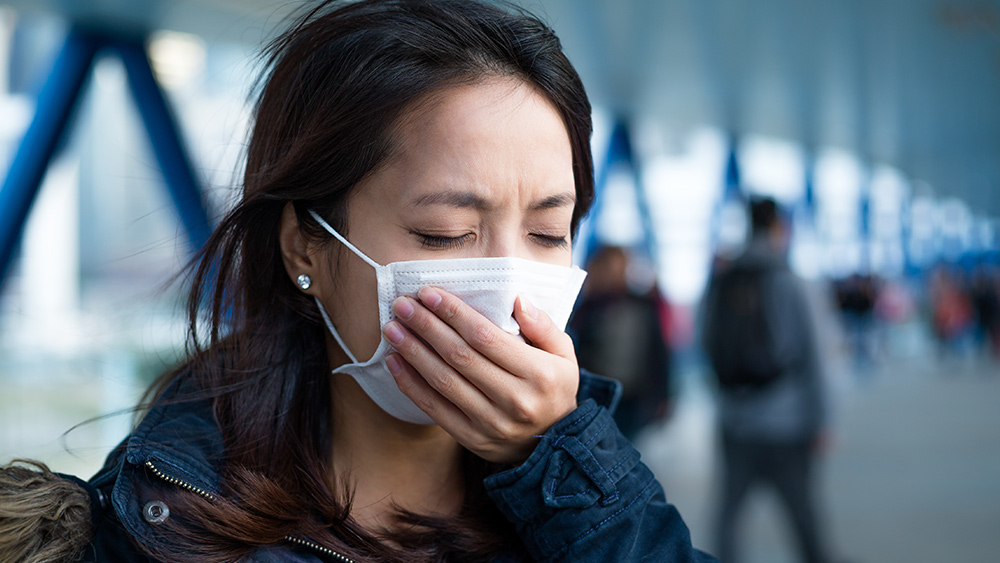
Advertisement
A new study suggests that most Wuhan coronavirus (COVID-19) patients are no longer infectious 11 days after they develop symptoms of the disease. The study, jointly conducted by Singapore’s National Center for Infectious Diseases (NCID) and the Academy of Medicine, Singapore (AMS), claims that around 80 percent of COVID-19 patients can be discharged after this time period.
Currently, Singapore requires patients to test negative twice for the virus before being discharged, similar to what is being done in the United States. If more evidence can come out to corroborate the findings of this study, it can be used to shape Singapore’s healthcare policies – and those of other countries – with regards to hospitalizations due to coronavirus. Safely reducing the time coronavirus patients spend in hospitals and other health care facilities can help free up much-needed healthcare resources.
This comes as doubt has been cast on test kits, mostly sourced from China, which can produce false positives, prolonging the time patients remain in hospital.
Listen to the Health Ranger Report from Mike Adams, the Health Ranger, as he talks about how these Chinese coronavirus tests have bad accuracy and produce high numbers of false positives.
Researchers confident in their findings despite the study’s small size
The research paper’s findings are based on a study of 73 patients being treated in Singapore. They measured the “viral load” of the patients, or how much of the coronavirus was still in their systems, to measure whether or not the virus was still viable and infectious.
“Based on the accumulated data since the start of the COVID-19 pandemic, the infectious period of [the coronavirus] in symptomatic individuals may begin around two days before the onset of symptoms, and persist for about seven to 10 days after the onset of symptoms,” stated the researchers.
Leo Yee Sin, executive director of the NCID, said that they were confident that there was enough evidence to prove that COVID-19 patients are no longer infectious after 11 days. The only exceptions to this would be people with weakened immune systems, such as cancer patients who received chemotherapy or people on immunosuppressive drugs, as the coronavirus might be viable in them for longer periods.
Other studies also apparently support Leo and her team’s conclusions. One “small and important study” of nine patients from Germany, for example, found that viral shedding from the throat and lungs was extremely high in the first week of infection but that the shedding ceased after eight days.
When asked about the discrepancy with the German study, Leo said that her researchers were “very conservative” and kept on counting until the very last drop of the virus was out of the patients’ systems.
Another study, conducted by the Korea Centers for Disease Control and Prevention (KCDC), found that patients who recovered from COVID-19 but later tested positive for it did not pass the virus on to others. This came after the KCDC identified, through contact tracing, 790 people who came into contact with nearly 300 patients who recovered from the coronavirus. They found that not a single person became infected after coming into contact with a patient who recovered but later tested positive. (Related: Second wave of coronavirus reaches Singapore – majority of cases come from migrant worker communities.)
Study may help shape Singapore’s healthcare policies
Singapore currently has the highest number of cases in Southeast Asia, with 31,960 confirmed COVID-19 cases as of press time, but only 23 deaths. They have a case fatality rate of less than 0.1 percent. This disparity between cases and deaths is attributed to the city-state’s mass testing program and robust contract tracing practices, as well as the fact that many of those infected are very young and presumably still have strong immune systems.
Furthermore, the country is putting a lot of effort into making sure its healthcare system does not get overwhelmed by patients needing critical care. They not only provide medical assistance but also focus on the amount of nutrition and level of physical activity that patients receive.
The Singaporean Ministry of Health (MOH) has been informed of the study, and it will be up to them to decide whether or not the country updates its discharge protocols. When asked about Leo’s research, the MOH said that they will study and evaluate the paper’s position statement and figure out if any of their ideas can be incorporated into the country’s patient management programs.
They further added that the way Singapore manages its COVID-19 patients is guided by the latest clinical and scientific evidence.
Sources include:
WHO.int [PDF]
Advertisement
Advertisements
















